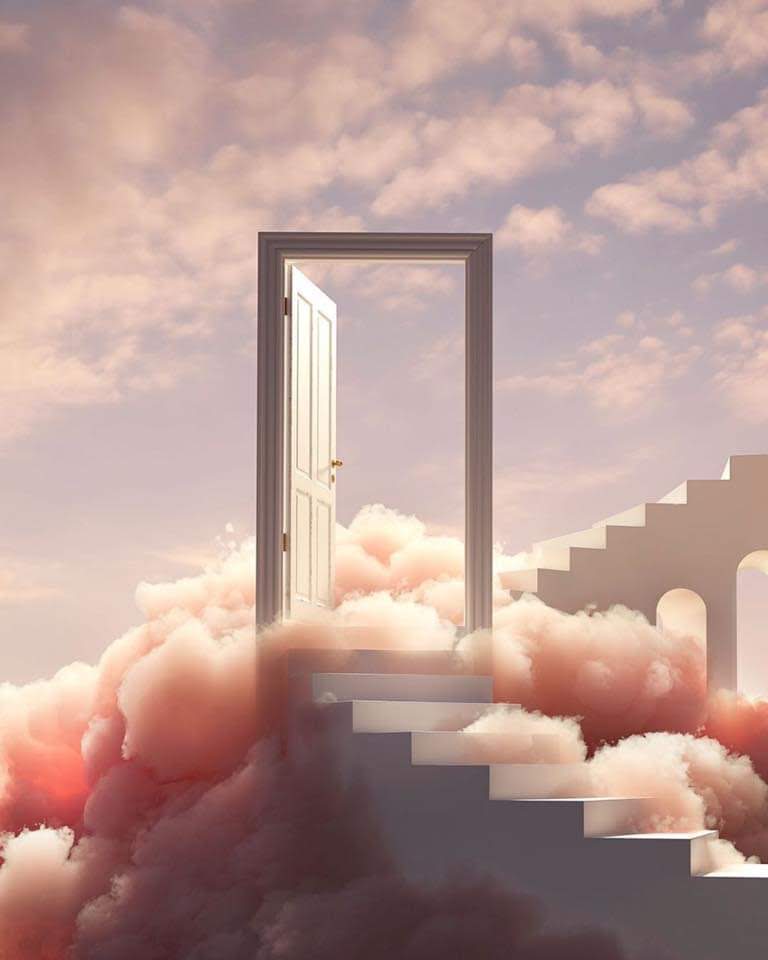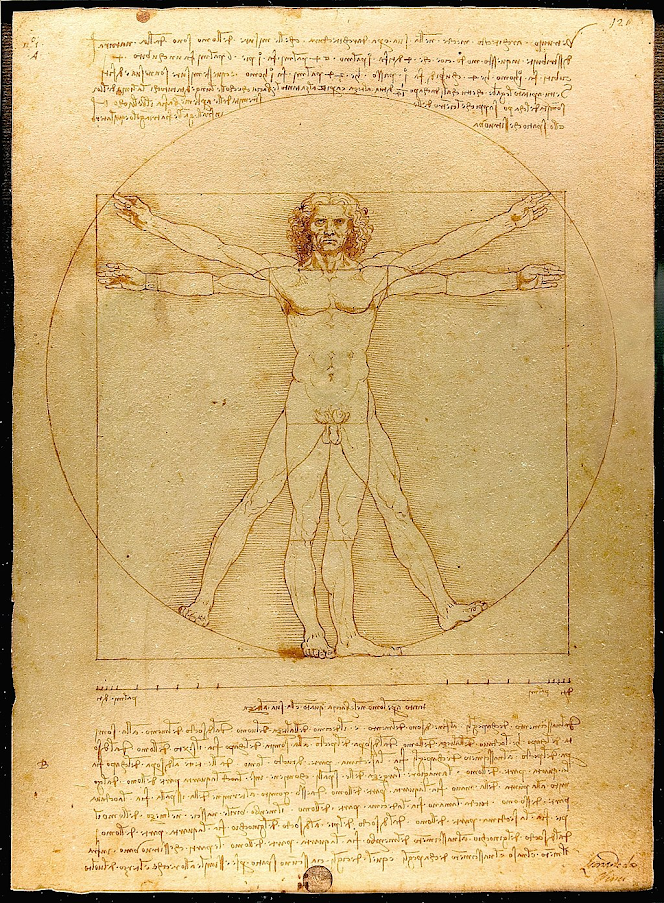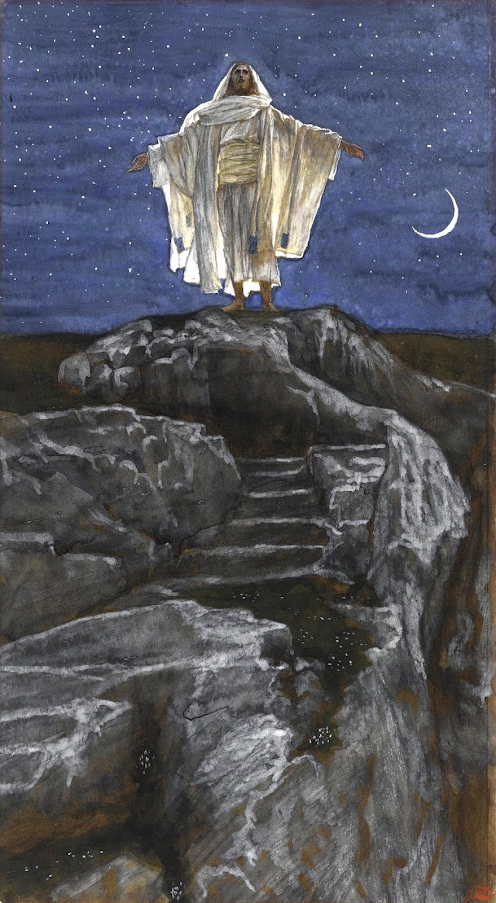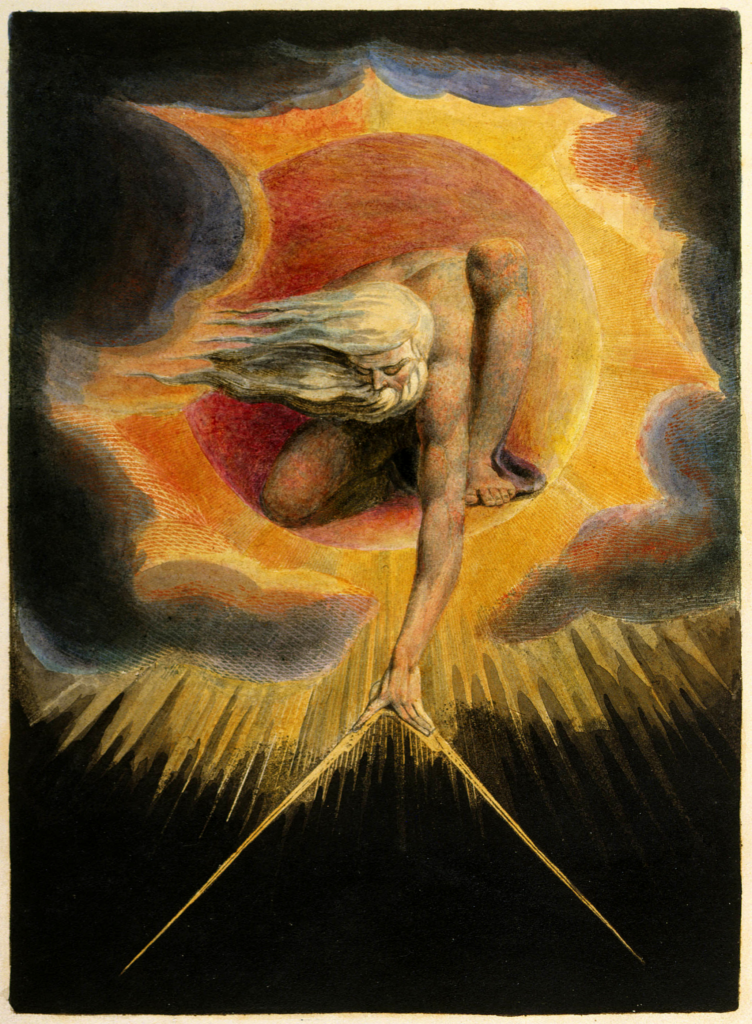“Most people do not really want freedom, because freedom involves responsibility, and most people are frightened of responsibility.”
Sigmund Freud, Civilization and Its Discontents
Responsibility is one of these concepts that we think we know and understand well, but we usually don’t.
Far too often we just associate responsibility with duty, with a role that we have to play in our lives, as a parent, as a partner, as an employee, as a citizen.
We are given a set of things that we are told we should be responsible for, and yet, we often ignore the most important thing we should take responsibility for: Ourselves.
See, we don’t just have duties as parents or citizens, but we also have a duty towards ourselves as free conscious human beings. We are responsible for how we choose to spend our limited time on this planet and how we end up living our lives.
Because our life is 100% our responsibility.
And only once we fully embrace this fact and start owning back what makes up our existence can we begin to see and feel Freedom flowing in our veins.
So how do we start?
What is Responsibility
Cambridge Dictionary defines Responsibility as: “something that it is your job or duty to deal with”
That’s a pretty boring definition right?
This definition makes you feel as if you are obligated to do things not out of your own will, and that sucks, to say the least.
But it doesn’t have to be that way.
When you start out in this world, nothing is your duty or your job to do. You are born free. But then things happen to you, and you start making choices and taking action.
That’s when true responsibility comes in: It’s taking ownership of these choices and actions that YOU make and dealing with their consequences. No one is going to show up and tell you: Here’s the list of things you need to be responsible for, point a gun at you, and have you obligated to do things that have nothing to do with you.
Whatever you are responsible for today, is a consequence of one of your choices down the line in the past. Whether you like or not, everything relates back to you at the end of the day: Everything relates back to what you did, how you interpreted something that happened to you, and how you chose to react and respond to some event.
You are at the center of your own story, and responsibility is to fully own all of that story and take an active approach towards it.
What are you Responsible for in Life?
Generally speaking, whatever you have control over, you are responsible for.
Though responsibility is not only limited to the set of things you have control over.
Let’s provide 3 key things you own and for which you are responsible in life, ranking from most to least obvious:
1. Your Choices and their Consequences
You are fully responsible of the choices you make in life, and of whatever consequences result from these choices. Because you are the one who’s choosing, you have control over which course of action to take, and therefore, you need to be responsible for it.
How to be responsible for your decisions
First of all, it means that before making a decision A or taking an Action A, you think it through: “Is this really me? Is it aligned with my values? Am I ready to deal with its consequences?”
Then, when you go ahead and consciously make a decision or Action A, you own that decision/action. You stand by it, and it becomes part of you.
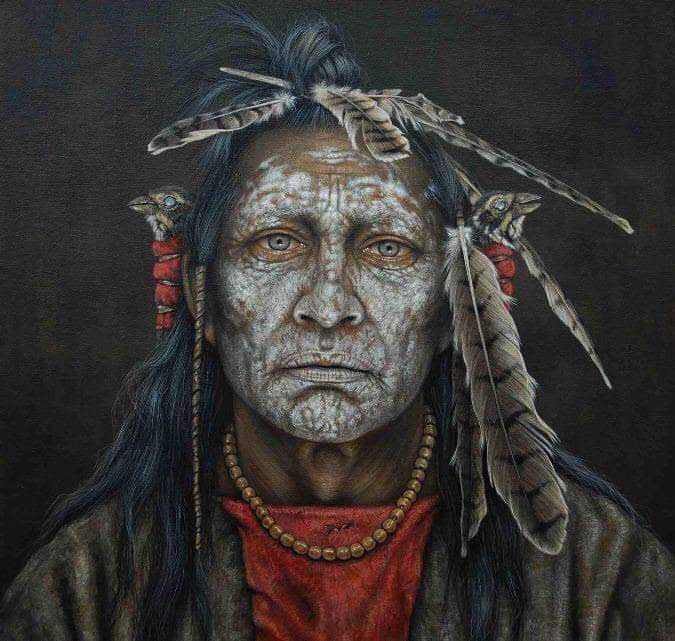
You don’t say “Oh I did that in the heat of the moment” or “I did it all because of this and that”.
You don’t assign the responsibility of your actions and decisions to other people. For instance, you don’t say:
“I only made that choice because you told me it was the best thing to do”
But instead, you should get to the point where you would say: “I know what I’m doing and I took the right decision”
That’s when you take responsibility for your actions.
Now, every action you take has consequences, and you have to take responsibility for these consequences too. You can’t just make decisions in a responsible manner and then not care about the consequences. That means you haven’t been responsible for your decisions in the first place. That’s why it’s important to think it through beforehand, but even more important to just tell yourself: “I will always deal with whatever consequences of my decisions happen to be”.
Of course, at some point you can change your mind about your past decisions because you are not willing to assume responsibility for its consequences anymore. When and if that happens, you can make other decisions that will flip you to another life path and own the new consequences of your new choices, but until then, you have to keep taking full responsibility for the consequences of your previous actions.
Why should you care about taking responsibility for your decisions and its consequences?
Because whatever decisions you make in life, it ends up shaping you, pushing you in a specific direction in life, deciding which version of you you are going to be. It becomes part of your identity.
Therefore, If you don’t take responsibility for your actions and their consequences, you will end up not owning part of your identity, not owning who you are becoming in this world. You will not take responsibility for your entire life and what you are doing out of it, and that’s the perfect recipe for a wasted existence.
2. Your reactions to Events
You are fully responsible of how you react to external events including the ones outside of your control. Being responsible for your reactions is just a specific instance of being responsible for your choices (From part 1 above).
Examples of taking responsibility for your reactions
- Your husband or wife left you: Do you spend the next months or years mindlessly drinking, ruining your life, and hold your ex partner responsible for that reaction?
- You have an accident, and you loose your ability to walk. While it’s a traumatic and life changing event, do you fall in despair forever not doing anything in your life and blame your current situation on the accident?
- Someone punches you, do you automatically hit them back and hold them responsible for your reaction?
The answer in all these cases is No. Because for everything that happens to you in Life, you get to choose how you would like to respond to it. Whatever the external event is, the ball always ends up in your court at the end of the day.
For any of these scenarios, there are numerous course of actions you could take to react to these external events and not just one. Your dog might be programmed by nature to respond to certain external stimulus with a pre-defined set of reactions, but you are not. You have a consciousness that allows you to choose your reaction to any external event. And because you have this freedom to choose, you are also responsible for that choice.
Or as Victor E. Frankl puts it:
Between stimulus and response there is a space. In that space is our power to choose our response. In our response lies our growth and our freedom.
Victor E. Frankl
3. Your Emotions
Your emotions belong to you and only you, and you are fully responsible for them.
What does it mean?
It means that when you feel something, you do not blame another person for how you are feeling, thinking that their actions made you feel that way. Instead, you own your emotions, and you deal with them on your own.
Why am I responsible for my emotions?
Because other people’s actions never make you feel anything: It’s how you choose to see and interpret these actions that make you feel in a certain way.
And remember what we were saying earlier that whatever you have control over you are responsible for?
Well, you’ve guessed it: Since you have control over how you choose to interpret events, and how you choose to interpret events define your emotions,
Therefore you have an indirect control over your emotions and hence, you are responsible for your emotions.
But it’s not always that simple: Sometimes it’s very difficult or even impossible to control your emotions by changing your thoughts. Sometimes, an intense emotion is just there, and there is nothing you could do about it other than to let it pass through you.
Does this mean that you hold the triggering event or person responsible for your emotion in these cases?
No. Because that emotion still belongs to you, it sparked inside of you, you are the only one feeling it within your own boundaries, and you can still deal with it through accepting and experiencing it, and letting go. It’s still YOURS and you are the only one responsible for it.
Example: Taking Responsibility of your Jealousy
Now, it’s definitely a good thing to communicate your emotions in a healthy way to others, but that does not mean in any way to hold them responsible for your emotions.
Let’s go through an example to make things clearer:
Your partner is going for a night out with other people, and Jealousy starts to take hold of you.
What do you do?
1. “I don’t want you to go out because I don’t like it when you hang out with these guys”
This is a perfect example of how you are holding someone else responsible for your emotions: You want THEM to act in a specific way (don’t go out) in order to deal (in this case get rid of) with YOUR emotion: Jealousy.
Of course, this is the most toxic way to deal with the situation and your relationship will probably not last long with this dynamic.
2. “When you said you are going out with these guys, I interpreted that as me being unworthy of your attention, and because of that I felt Jealous”.
“But don’t worry I’ll deal with it and it will soon go away”
Alright this is a way better answer and we have accomplished 3 things with this response:
First, we have expressed our emotion in a healthy way and did not blame the other person character or identity.
- We were referring to a specific action that the other person did (When you did X, e.g when you said you are going out), and not judging and labeling the entire person’s character or identity (e.g You are a jerk for doing X).
- This is a basis for a healthy communication because the other person will not feel personally attacked and effective communication on the actual topic will take place instead of an argument over abusive comments.
Second, We took responsibility for our Emotion: “I interpreted that as Y and because of that I felt Jealous. But don’t worry I’ll deal with it”
- We clearly affirmed that the Jealousy we are feeling is because of our own interpretation Y, and hence it’s our role to deal with.
- Bonus Point: Since you’ve actually expressed your emotion in a healthy way and you were not blaming anyone, you would likely get some help from your partner in adjusting your interpretation of the event. This will make dealing with the emotion easier later on. But this is a Bonus point because it’s mainly your job to adjust and choose your interpretations.
Finally, when we communicate properly why we feel a certain way, we might even get some insight into our own personality & psyche:
“I interpreted that as me being unworthy of your attention”
- Feeling not worthy of attention could probably be not an issue that you just felt with your partner, but something lurking deep inside of you from your past that you are just projecting in your current relationship. Investigating this path through introspection and even getting professional help could lead you to solve some root problems of yours in order to continue down a path of growth and expansion.
Great, this answer has allowed us to take responsibility for our emotion, to properly communicate our feelings in a healthy way using the “When you did X, I saw/interpreted it that as Y, and that made me feel Z” formula, and to potentially get some insight into ourselves.
So we’ve seen how and why we should take responsibility for our actions, reactions, and emotions. but how does this lead us to live an empowering life exactly?
How Responsibility Empowers You
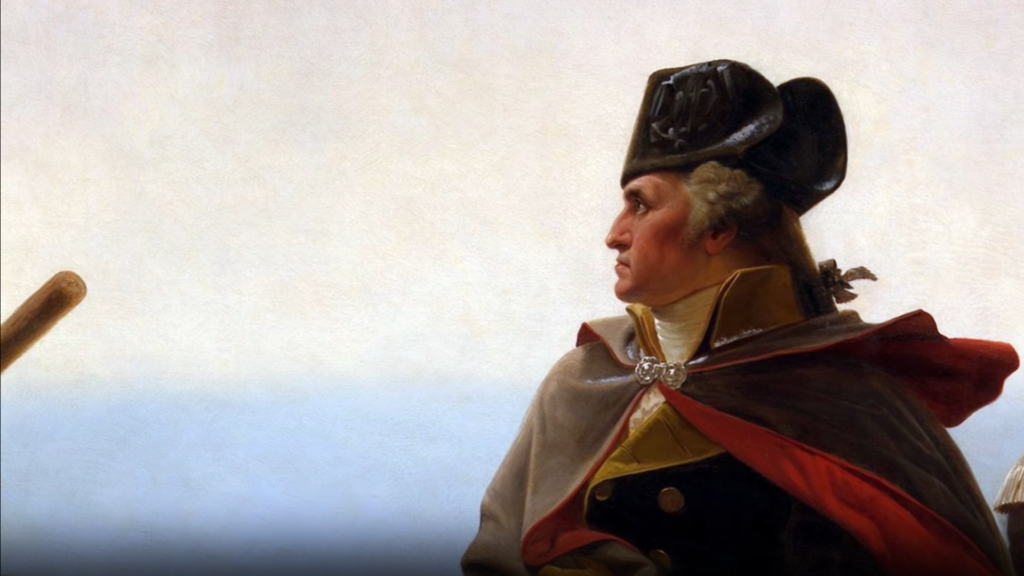
When you don’t take responsibility for your life, you are in the victim role:
Everything is happening to you in life, you are powerless when faced with the immensity of this world, you feel as if nothing that you could do would change anything to your life. Your choices and actions don’t matter, your reactions don’t matter, you don’t matter: You have simply given up on yourself.
You have given the remote control of your existence to something outside of you: Your society is responsible for your professional situation, your family or partner is responsible for your emotions, your environment is responsible for your behavior. If any of the things that defines you (e.g your career, your emotions) would improve, this change would need to be initiated from these external entities who you hold responsible for your life, and not from you. They detain the keys to your existence.
But then, when you finally realize that you cannot change what you don’t own, and decide that you want to take back responsibility for your own life, you snatch those keys out of your society’s hands, and pull hard. Your hands are covered with your own blood, You are feeling the pain, but you keep on pulling harder and harder. You are pulling harder than ever not against society, but against your own resistance, which is pushing you in the other direction in order to keep things as they are and stay comfortable.
Then, suddenly, the keychain breaks, and you end up owning back what was your birthright: the key to changing your existence.
A new reality opens up for you: A world where the only person responsible for your life and for whatever you make out of it is You.
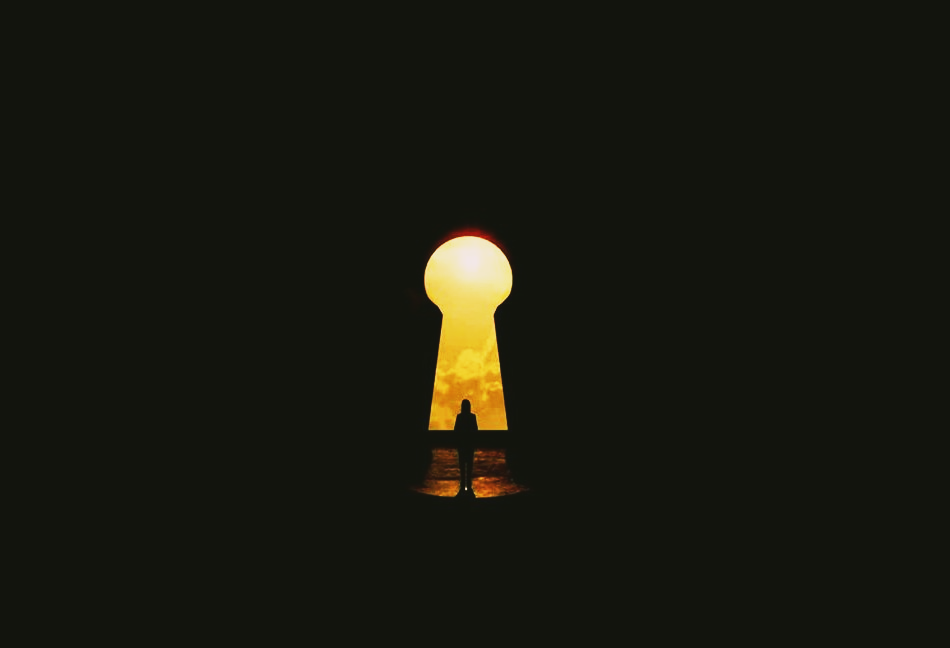
You start taking ownership of what you do, how you feel, and how you react.
Because you start owning yourself, change and growth finally become possible: You do not wait for something external to change your actions or emotions, but because now your actions and emotions completely belong to you, you initiate the change from within yourself.
This put you back at to the center of commands of your own life. You move from feeling a like a victim in this world to an actor in this world: From being staged to staging your own life.
In fact, owning yourself has given you the power of Gods:
The power to create yourself, direct your own life, and choose your own path.
Now when you look at the stars, or when you stand next to a majestic mountain, you stop acting so small, you quit on thinking “What am I in front of all of this?”. Because now, you have finally realized where your powers lie.
Now, you can firmly stand on your ground, open your hands, and scream loud and clear:
My height might not reach to the sky like yours, Oh Magnificent Mountain!
I might not give warmth and comfort to the entire world, like you, Oh beautiful Sun!
Still, I belong to this world, as much as you do
And I am powerful, too
I am the King of my own Land.
I am that who chooses it’s own fate.
I am FREEDOM!
Oh beautiful Sun, Do you hear Me?
I am FREEDOM!
Stay in the loop
